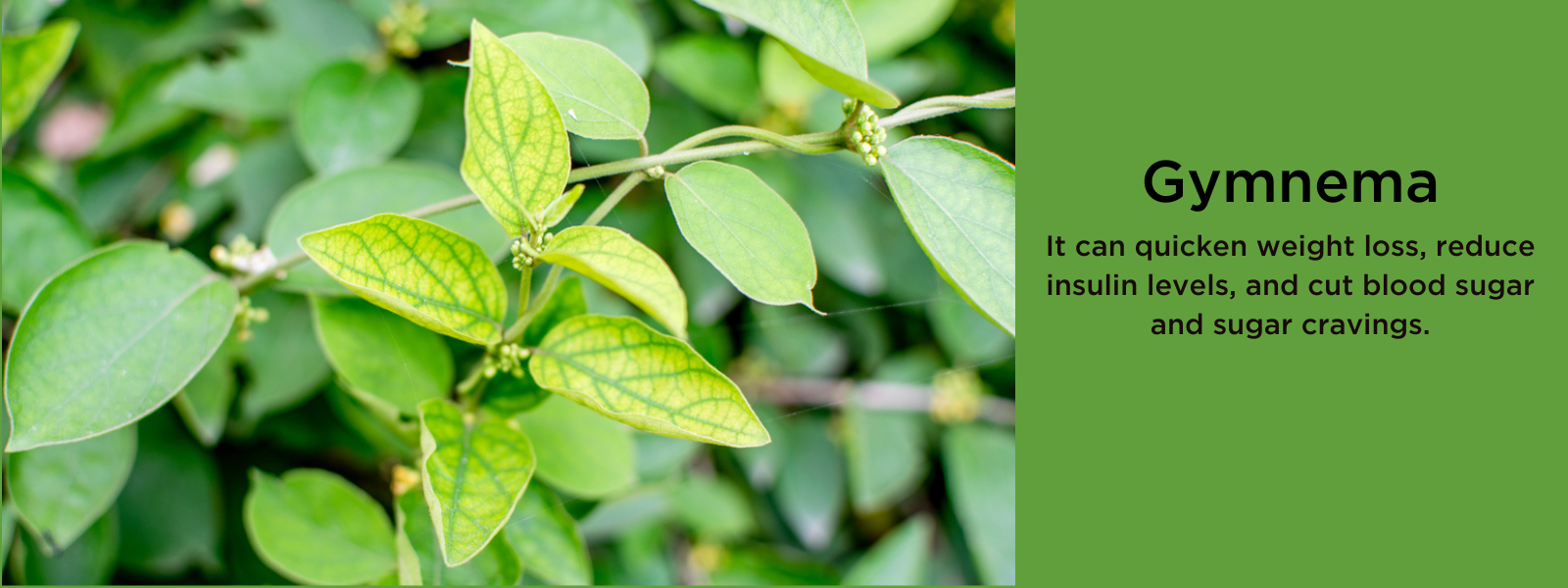Marjoram is a distinctive herb popular in many Mediterranean recipes.It has a long history of usage as a herbal remedy and includes a number of substances that could be beneficial to health. Although it resembles oregano, it tastes milder and is frequently used to garnish salads, soups, and meat dishes. Although it can be used fresh, drying it increases its potency.
Marjoram also possesses a number of anti-inflammatory and antibacterial qualities, according to research. It has been employed medicinally to treat a range of conditions, including painful menstruation, infections, and digestive problems.
Heath benefits:
1. Anti-inflammatory and Antioxidant Qualities:
Antioxidants aid in preventing cell deterioration brought on by potentially dangerous chemicals known as free radicals.
Several marjoram constituents, including carvacrol, have been found to have antioxidant properties.For instance, they can aid in lowering bodily inflammation.
Even though inflammation is a natural body reaction, long-term inflammation raises your chance for developing several illnesses, including as diabetes, cancer, and autoimmune disorders. Therefore, minimising inflammation could help in reducing the risk.
2. Possibility of antibacterial activity:
Marjoram has also proven to possess antibacterial properties.
Utilizations include taking pills to assist treat gut bacterial overgrowth and using its diluted essential oil to your skin to cure fungal infections.
Additionally, this herb is used as a natural insecticide for several food crops.
3. Can alleviate digestive issues:
Marjoram has traditionally been used to prevent foodborne diseases and digestive problems like stomach ulcers
4. Can aid in balancing hormones and menstrual period:
It has been demonstrated that marjoram promotes menstrual flow.
In women with irregular cycles, its extract or tea may help control your menstrual cycle and restore hormone balance.
Additionally, it might aid in the treatment of polycystic ovarian syndrome (PCOS), a hormonal condition characterised by irregular periods and acne. Marjoram tea has been demonstrated to enhance insulin sensitivity and hormonal profiles.
However it is still advisable to consult your doctor before taking any herbal supplements to help with menstruation to reduce hazards.
Precautions:
Pregnancy complications:
Women who are pregnant or nursing should stay away from marjoram supplements. This herb may cause adverse pregnancy side effects because of its impact on numerous reproductive hormones and menstruation.
May interfere with blood clotting:
Supplements with marjoram may prevent blood clotting.
Studees have demonstrated that 20 different herbs found that marjoram inhibited platelet production, which is a crucial aspect of blood clotting. Therefore, people who use blood thinners may find this to be especially troubling.
May interact with certain medications:
Marjoram may raise your risk of bleeding by interfering with some drugs, including blood thinners and anticoagulants.
By reducing blood sugar, it may also interfere with several diabetes treatments, possibly leading to dangerously low levels. Therefore, it is advisable to check with doctor if you have diabetes, before taking marjoram.
Ways to incorporate Marjoram into your diet:
Typically, this herb is used sparingly as a spice or garnish. Therefore, in order to reap its benefits, you might need to consume its tea or take it as a supplement.
Additionally, marjoram can be added to cooking oils by combining 1 teaspoon (1 gramme) of the herb with 1 tablespoon (15 ml) of your preferred oil. You can marinate meats and veggies in this mixture or use it in regular cooking.











Leave a comment